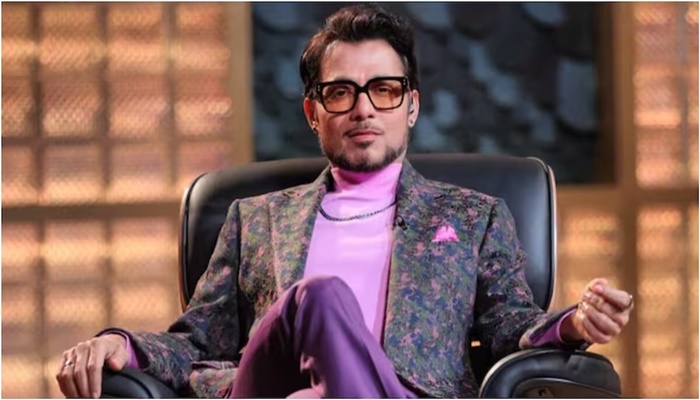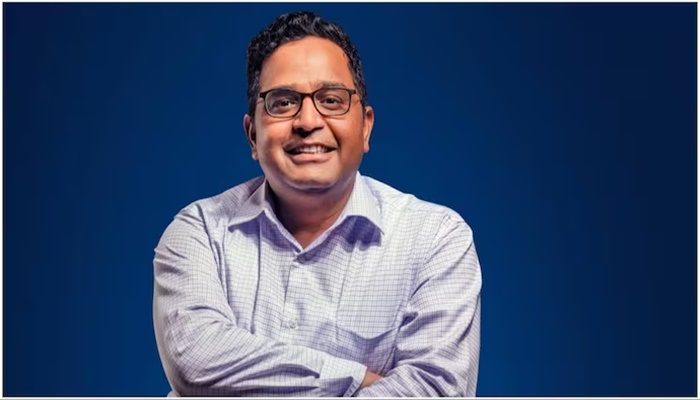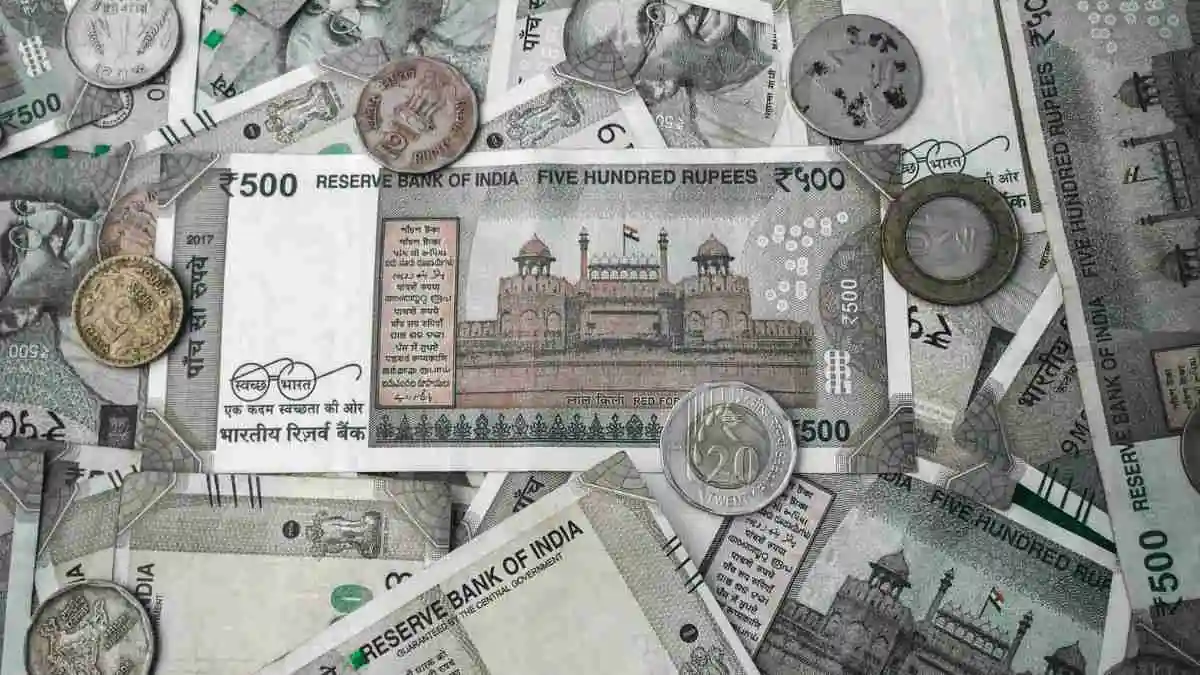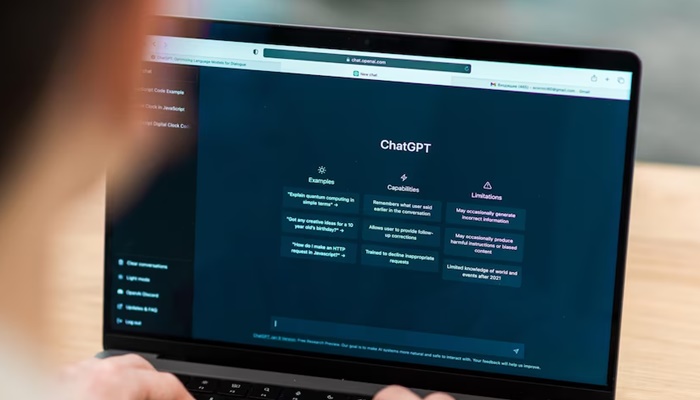“The Indian curriculum is broken,” he wrote in his post. The entrepreneur said that a wide range of candidates applied for the remote internship including B.Tech, M.Tech, and even a few PhD students. But despite the impressive-sounding degrees, he found that “most of them had very weak fundamentals.”
“Many seemed to expect us to train them from scratch instead of coming in with a ‘how can I contribute’ attitude. I know I am only hiring for an intern and I might have to guide them a bit, but not hold their hand every step of the way,” he said.
He compared them to candidates from Egypt whom he found significantly ahead of their Indian counterparts. “They not only had strong fundamentals but also knew relevant tools, asked smart questions, and came prepared. They dressed formally for virtual interviews and were extremely polite and professional,” he added.
The founder said that he wanted his startup to help India’s economy but he was left frustrated by a “broken talent pipeline.”
He also offered some blunt advice for students hoping to land internships: “Your mindset should be: ‘How can I help the company?’ not the other way around. Companies aren’t charities. Nobody expects you to know everything, but you must understand your fundamentals. Show up on time, be respectful, and take the process seriously,” he added.
Social media reacts
The post struck a chord with several recruiters and startup founders who shared similar hiring struggles.
One commenter, who interviews computer engineering, BCA, and MCA students, wrote: “More than 50% of the candidates lack basic knowledge of computers. Not programming or networking just basic computer skills.”
Another recruiter added that the job market dynamics are partly responsible: “The good candidates have already secured jobs while in their last or second last semester. We get the bottom of the barrel because we can’t pay equivalent to a flashy startup or big corporations.”
A third startup founder shared: “That’s nothing. I posted one vacancy on got 1,500 resumes. The level of naivety was shocking. They all expected to be treated as the best, and there were hundreds like them, it’s crazy.”




















